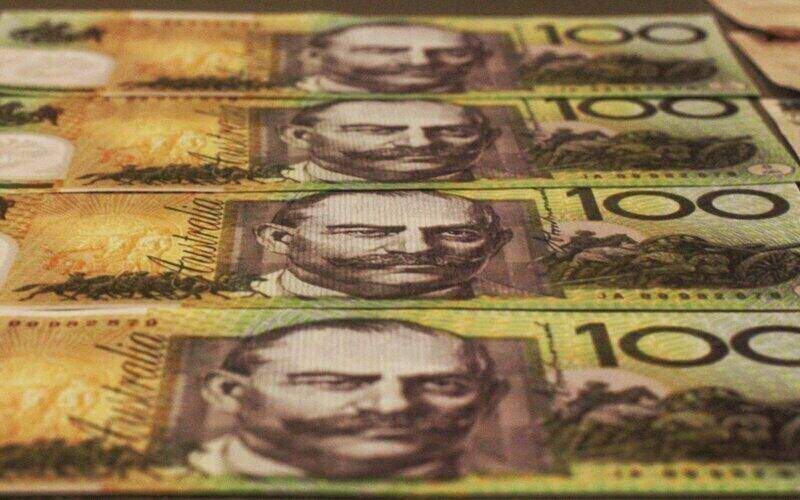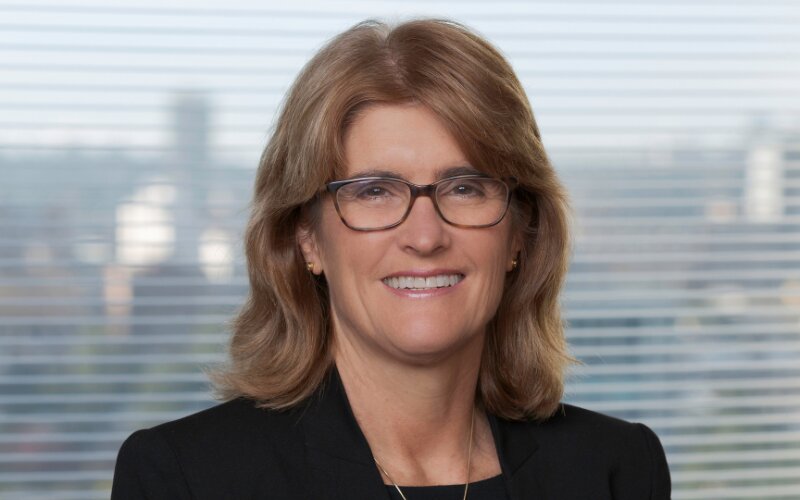RBA Governor Philip Lowe spoke to the National Press Club in Sydney today, following yesterday's decision to hold the cash rate firm at 0.75%.
Mr Lowe said the central bank's forecast is for the Australian economy to expand by 2.75% over 2020 and 3% the following year, and that we have passed through a gentle turning point following a rough period.
Mr Lowe also acknowledged the tragedy the loss of life and damage has caused the devastating bushfires - which Moody's Analytics expects will cost the economy $4.4 billion - but somewhat eased concerns over the long-term economic effects the fires will have.
"The economic impact of the fires in the areas affected is very large. There have been very significant disruptions to normal activity in these areas and there has been large-scale destruction of homes, farms and businesses as well as public infrastructure," Mr Lowe said.
"In assessing the impact of this on the Australian economy as a whole we have taken into account that there will be a material rebuilding effort and that government grants and insurance payments will assist many people.
"On this basis, our assessment is that GDP growth for 2020 as a whole will be largely unaffected."
He did concede however that there is likely to be a noticeable effect on the December 2019 quarter and the coming March quarter.
"While it is still difficult to be precise, we estimate that the effects of the bushfires will reduce GDP growth by around 0.2 percentage points across the two quarters."

The drought however is a different story, with the Governor admitting the effects of this climate events are "material".
"We are also continuing to assess the effects of the drought on the economy. Farm output declined by 16% between 2017 and 2019, and farm exports fell by 13%," he said.
"A further decline of around 10% in farm output is expected in 2020, representing a drag on GDP growth of around a quarter of a percentage point."
Regarding the coronavirus outbreak, Mr Lowe said it is too early to tell what the overall impact will be, although the SARS outbreak in 2003 (which infected nearly 8,000 people worldwide) is a useful guide.
"On that occasion, there was a sharp slowing in output growth in China for a few months, before a sharp bounce-back as the outbreak was controlled and economic stimulus measures were introduced," he said.
"Today, China is a larger part of the global economy and it is more closely integrated, including with Australia, so the international spillovers could be larger than they were back in 2003.
"Much will depend on the success of the various efforts to control the virus so we are monitoring developments closely."
So far reports say there have been more than 24,000 confirmed cases globally, with a mortality rate of about 2%. There are 13 confirmed cases so far in Australia.
Governor defends rate cuts
Governor Lowe finished his address discussing yesterday's monetary policy decision, and indeed the board's decisions over the last few months.
In particular, he defended the board's decision to make three rate cuts last year, in the wake of several reports citing decreased consumer confidence following the cuts.
"I would like to address one point that I hear frequently: that the Reserve Bank's decision to cut interest rates last year dented consumer confidence and that this is what lies behind the weak consumption growth," he said.
"I certainly understand that having interest rates at very low levels has unsettled some people. But I don't accept the idea that this is what is driving weak consumption.
There is something deeper going on. While the Reserve Bank's decisions reminded people of what is going on, Australians were already adjusting their spending to the reality of a combination of subdued wages growth, the fall in housing prices and high debt levels.
"Consumer confidence and monetary policy were both responding to this reality."
He also once again said the board would consider further rate cuts if necessary to meet its inflation and unemployment targets.
"The board has, however, continued to discuss the merits of further monetary stimulus in an effort to speed the pace of progress and to make it more assured," he said.
"If the unemployment rate were to be trending in the wrong direction and there was no further progress being made towards the inflation target, the balance of arguments would change.
"In those circumstances, the board would see a stronger case for further monetary easing."

Ready, Set, Buy!
Learn everything you need to know about buying property – from choosing the right property and home loan, to the purchasing process, tips to save money and more!
With bonus Q&A sheet and Crossword!



 Bea Garcia
Bea Garcia
 Denise Raward
Denise Raward
 Harry O'Sullivan
Harry O'Sullivan
 Emma Duffy
Emma Duffy
 Brooke Cooper
Brooke Cooper

